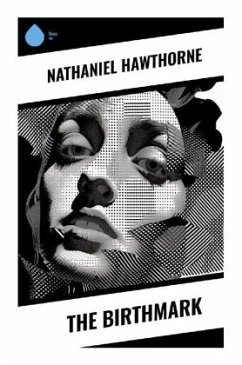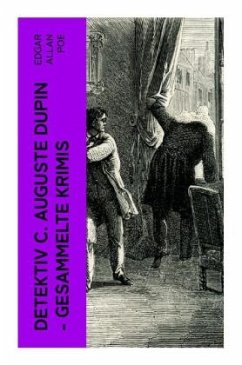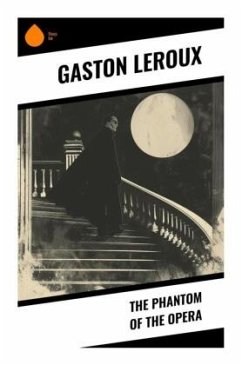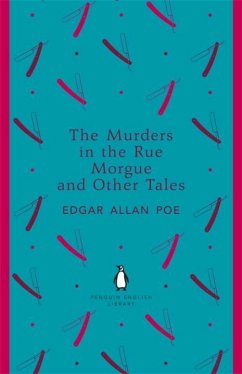
The Birthmark (Thriller Classic)
A Dark Story of Obsession
Versandkostenfrei!
Versandfertig in 6-10 Tagen
9,30 €
inkl. MwSt.

PAYBACK Punkte
0 °P sammeln!
In Nathaniel Hawthorne's riveting novella, "The Birthmark," the author delves into the dark interplay between human ambition and nature's imperfections. Set against a backdrop of early 19th-century science and Romanticism, Hawthorne weaves a cautionary narrative about the obsessive quest for perfection through the story of Aylmer, a scientist fixated on removing a small birthmark from his wife's cheek. The novella employs rich symbolism and a haunting atmosphere, reflecting the author's skill in merging psychological depth with moral inquiry, encapsulating the tension between hubris and the ac...
In Nathaniel Hawthorne's riveting novella, "The Birthmark," the author delves into the dark interplay between human ambition and nature's imperfections. Set against a backdrop of early 19th-century science and Romanticism, Hawthorne weaves a cautionary narrative about the obsessive quest for perfection through the story of Aylmer, a scientist fixated on removing a small birthmark from his wife's cheek. The novella employs rich symbolism and a haunting atmosphere, reflecting the author's skill in merging psychological depth with moral inquiry, encapsulating the tension between hubris and the acceptance of human fallibility. Hawthorne, a prominent figure in American literature, drew inspiration from his Puritan heritage, which often informed his explorations of sin, guilt, and retribution. His fascination with the darker aspects of human nature is vividly illustrated in this work, as well as his awareness of the burgeoning field of science in his time and its ethical implications. "The Birthmark" can be seen as Hawthorne's critique of Enlightenment ideals that prioritized rationality over emotional and spiritual realities, reflecting his own ambivalence toward progress. This timeless classic merits a place on every reader's shelf, offering a profound exploration of obsession and the inherent limitations of humanity. For those drawn to psychological thrillers that challenge moral boundaries, "The Birthmark" is an essential read that prompts introspection about the cost of perfection and the acceptance of our imperfections.












